From apparel to handicraft jewelry, here are the top 10 Indian fashion entrepreneurs who have made a name for themselves. Hyped up or aspirational? Let’s discover!

In today’s generation, people are inclining more towards starting their own business than working for someone else. The drive to do what you love and to do something different and apart from the rest has made entrepreneurship, a buzzword in India.
With the fashion industry being so vast, there is the scope for innovation filled in every corner thus giving birth to various new-age Indian fashion entrepreneurs. It all comes down to finding a suitable niche for you and the right kind of motivation to get you started.
We’ve heard of the big names in the industry like Manish Malhotra, Ritu Kumar, Sabyasachi, and Anita Dongre but deriving inspiration from them can be a tad bit difficult since they’re already at the top.
So, in this article, we are going to focus on the Indian fashion entrepreneurs who just started off a few years ago and are on the way to making it big in the industry.
1. Falguni Nayar (Nykaa Fashion)
Scrolling through online shopping apps is one of our guilty pleasures and Nykaa is one of the major digital platforms for online shopping. All fashion and beauty lovers must’ve spent hours on it at some point. So, let’s dive into the making of Nykaa and who is behind its success. Nykaa was founded in 2012 when Falguni Nayar decided to take a leap of faith and leave behind a lucrative investment banking career.
Nayar is a source of inspiration to everyone in the Indian beauty industry and is one of the top Indian fashion entrepreneurs today. Falguni’s passion for her business, attention to detail, and involvement in every aspect of the company are some of the qualities that made her a great leader.
Presently, Nykaa houses 1,500+ brands and over 1.8 million products across five consumer segments: women, men, kids, tech, and home. Nykaa also offers content like product reviews, ‘how-to’ videos, and beauty articles. It is my go-to place when I want to shop for anything, from skincare to clothing and it houses a wide array of products under one roof.
Nykaa launched its IPO on 28th October 2021, to raise as much as ₹5000 cr at a valuation of $7.1 Billion. Nykaa’s revenue is $485.75 Million as of 2022 and Falguni Nayar’s net worth was valued at 57,000 crores listing her at the 10th position among the richest self-made women in the world.
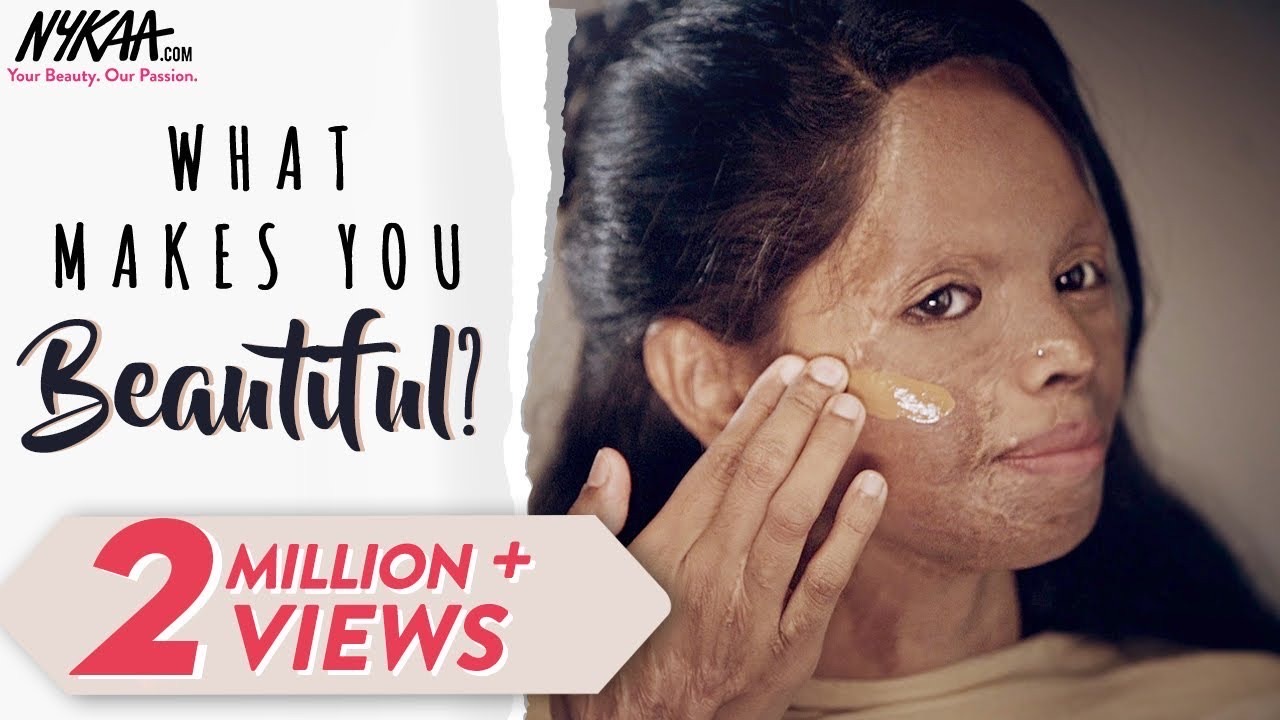
2. Manoj Gupta and Monica Gupta (Craftsvilla)
Founded in 2011 by husband-wife duo Manoj and Monica Gupta, Craftsvilla is India’s largest digital platform for ethnic products. According to the company’s website, its vision is to take societies back to their roots and help them discover their ethnic legacy. Craftsvilla has over 3 million products across clothing, handicrafts, art, and jewelry with over 25,000 sellers.
Craftsvilla has tied up with the Ministry of Textiles and the Government of India for e-marketing of handloom products. Over the years, they’ve also started various in-house brands like Anushwara, Avanya and Jharokha which concentrate on ethnic and handloom segments.
They are known for their oxidized jewelry and their drape collection which includes traditional and designer sarees. For an ethnic wear enthusiast like me, Craftsvilla sells all traditional products from jhumkas to sarees. They also have all kinds of kurtis ranging from embellished to plain. Currently, Craftsvilla is operating at $10.8 Million in revenue as of 2022 with more than 62 outlets across India.
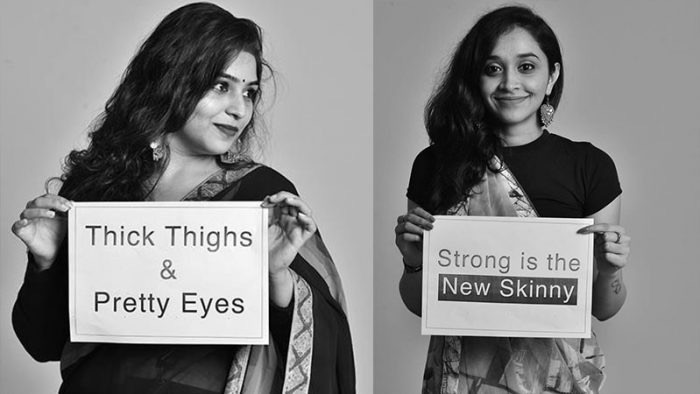
3. Tanvi Malik and Shivani Poddar (Faballey)
Faballey was started by Tanvi Malik and Shivani Poddar who quit their jobs in Titan industries and Unilever to be a huge part of the Indian fashion industry. Faballey mainly focuses on apparel which is designed by their in-house design team. They have a trend-centric approach thus keeping an eye out for the latest trends in fashion that everyone is crazy about.
Their target audience is mainly women in their mid-20s who have a keen interest in trendy styles. They concentrate on women growth and empowerment, making more than half of the employees women. As of 2019, Faballey was operating at a revenue of $19.1 million
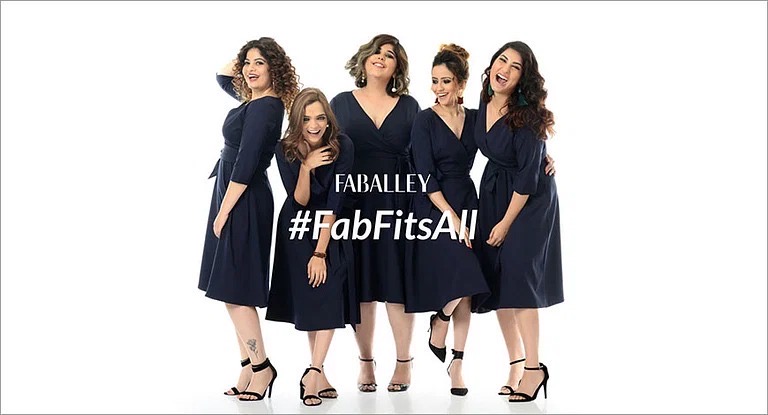
4. Mukesh Bansal, Ashutosh Lawania, Veneer Saxena (Myntra)
Myntra was founded by Mukesh Bansal, Ashutosh Lawania and Vineet Saxena back in 2007. Myntra was successful and well-known even before it was acquired by Flipkart in 2014. It has over 1.5 lakh products over 1000 brands and a distribution area of over 9000 pin codes.
Myntra has more than 6 product lines ranging from skincare to footwear, making it one of the largest platforms and one-stop destination for all things fashion. In 2017, Myntra partnered with the Ministry of Textiles to promote Indian handlooms to stay true to the Indian heritage and legacy. While Myntra has been on the racks for years, I feel it can grow further by interacting through social media with its customers as they’re losing touch due to its competitors.
Myntra caters to the middle-class to upper-middle-class income level group thus being an affordable e-commerce catering to different parts and the majority of people of India. As of 2022, Myntra is operating at a revenue of 35 billion rupees.
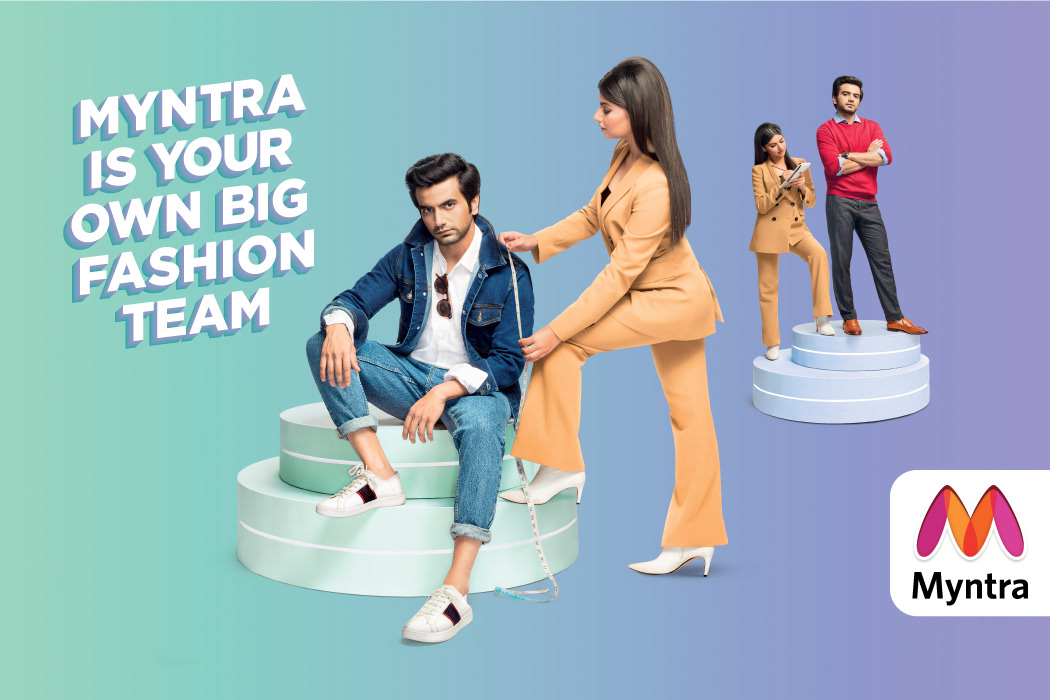
5. Richa Kar (Zivame)
Richa Kar decided to revolutionize the Indian lingerie market and break taboos making lingerie shopping a welcoming experience for women, when she decided to launch Zivame back in 2011. Zivame’s site has around 5000 lingerie designs with over 50 brands and various sizes to choose from. She has carved her niche as one of the crucial Indian fashion entrepreneurs in the lingerie industry.
Zivame not only caters to making lingerie comfortable for women but also educates them on how to find the best style and fit. Apart from selling lingerie, Zivame is also into selling nightwear, fitness wear, and loungewear. When I walked into Zivame for the first time, the store had a welcoming and cozy vibe and it was the first time I felt comfortable shopping for lingerie.
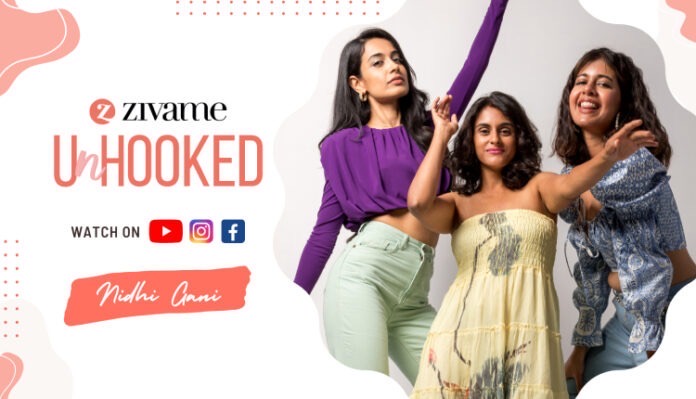
6. Dhruv Kapoor
Since its inception in 2013, Dhruv Kapoor’s label is known for its rebellious and modern designs. A label that is keeping up with the latest trends of today’s generation, Dhruv Kapoor’s label is not just a designer brand, but also a platform to express individuality and a unique identity. A brand that represents all Gen-Z trends and lifestyles, Dhruv Kapoor is here to stay for decades to come.
Kapoor completed his master’s degree from Instituto Marangoni. In 2013, he worked with Etro where he got the creative freedom to develop his own vision, thus giving birth to Dhruv Kapoor’s “Not just a label.” The label is currently operating at a revenue of more than $5 million.

7. Aneeth Arora (Pero)
Launched in 2008, Pero means “to wear” in Marwari, keeping in touch with the Indian essence of the brand. Pero’s specialty is interpreting international aesthetics and making a product that connects with people. Pero is also known for its Indian textiles where every product is handmade, from start to end. Launched in 2008, Pero’s emphasis on ethnic handicrafts is a result of Arora’s background.
Arora started her journey by studying at the National Institute of Fashion and then the National Institute of Design where she discovered her love for textiles. After years of hard work and persistence, Arora was also the winner of the British Fashion Council ’s Young Fashion Entrepreneur Award in 2011. Arora was also awarded the India’s Ministry Of Textiles’ Threads Of Excellence Award, along with Rahul Mishra. Pero is currently operating at a revenue of $6.6 million and is growing at a rapid rate.
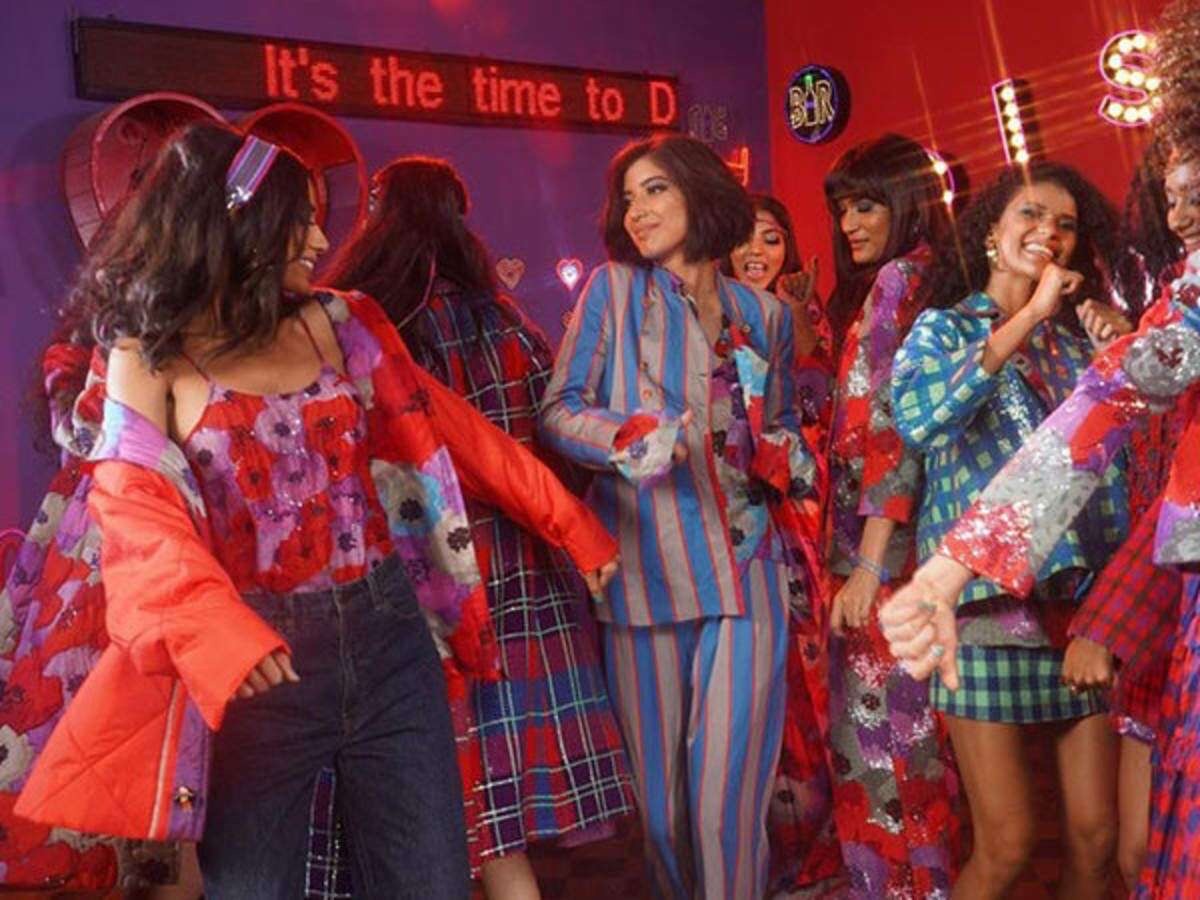
8. Anavila Mishra
Anavila means “pure” in Sanskrit, making her name synonymous with her brand’s ethics that focus on India’s rich cultural heritage. Her aim was to make sarees a comfortable attire for daily wear for women keeping in mind the sustainability factor. After graduating from National Institute of Fashion Technology, Anavila worked for menswear companies where she discovered her love for linen textiles. She decided to incorporate this into her brand by making linen textiles her USP and designing sarees made of it.
Today, Anvila is known for making 80-100 sarees a month with her signature style that includes contrast and geometry. All her sarees include a constant inclination towards textures deriving inspiration from nature. “Mindful consumption comes from mindful creation” is the tagline of her brand and she swears by it.
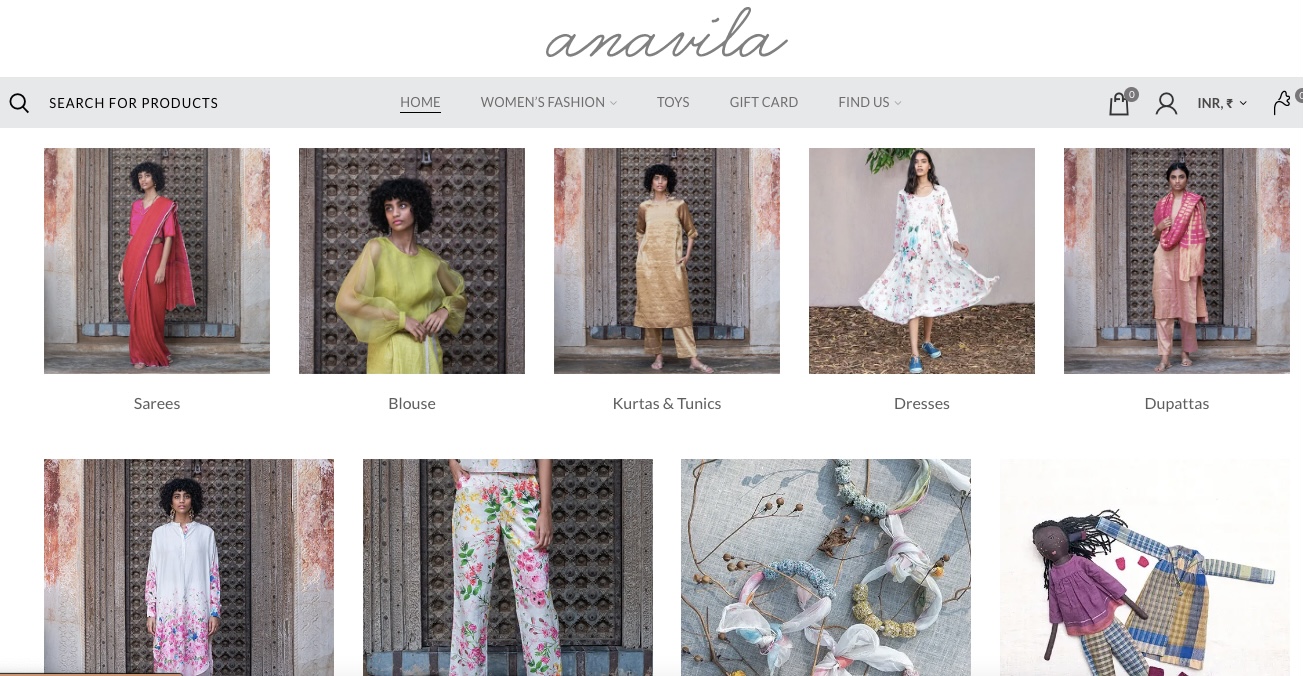
9. Ruchita Sachdeva (Bodice)
Bodice mainly focuses on detail-centric designs, architectural lines and geometry. This minimal approach and silhouettes are a tribute to India’s rich heritage. Bodice was officially born in 2011 after graduating from London College of Fashion and interning under the guidance of Vivienne Westwood herself.
According to the brand’s website, people at Bodice believe in individuality and make garments for people that are bold and confident in their own skin. Bodice aims at making androgynous fashion a conventional thing in today’s generation. Ruchita wanted to get closer to her vision and opened a Bodice “studio shop” in Hauz Khas village, Delhi, from where her journey began. Currently, Bodice is operating at a revenue of $5.1 million.
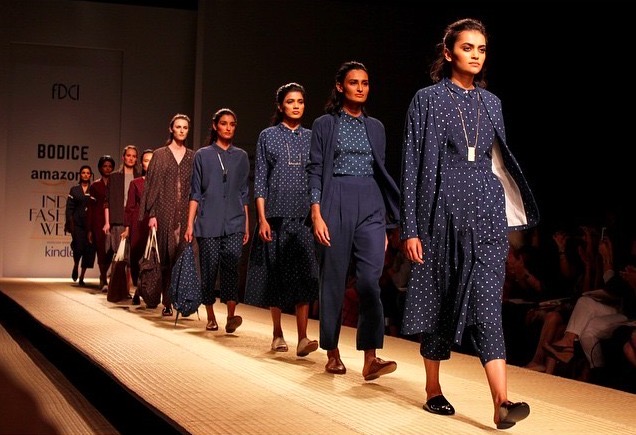
10. Sanchita Ajjamur
Born in Mumbai and brought up in Europe and Japan, Sanchita tends to bring global influences into her collection. Her designs are mostly travel inspired, based on the countries she has been to. She also collaborates with brands from India to Milan keeping the diversity in her collections. Her designs are inspired by nature, textures, people, culture, or anything that strikes her creative bubble.
To maintain the Indianness in her designs, she uses traditional embellishments like aari or zardozi. Sanchita opened her first store in Bangalore followed by Milan and Paris and now she has 38 stores worldwide.
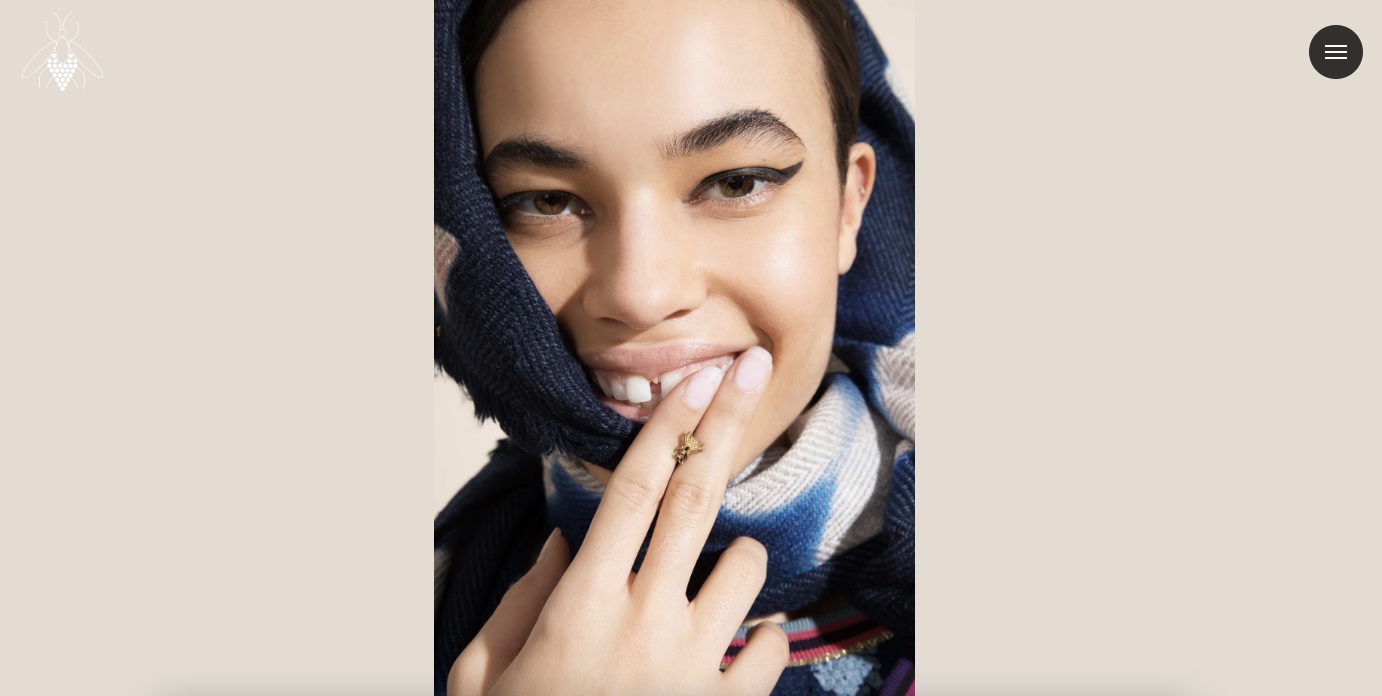
So I hope our list of Indian fashion entrepreneurs inspires you to become an entrepreneur in the fashion industry someday. With immense scope and opportunities available in the industry, there is always a niche untapped. It all depends on how valiant you are to take the leap and with the right amount of perseverance and hard work, it won’t be long until you make it to the list too.
Until next time!
